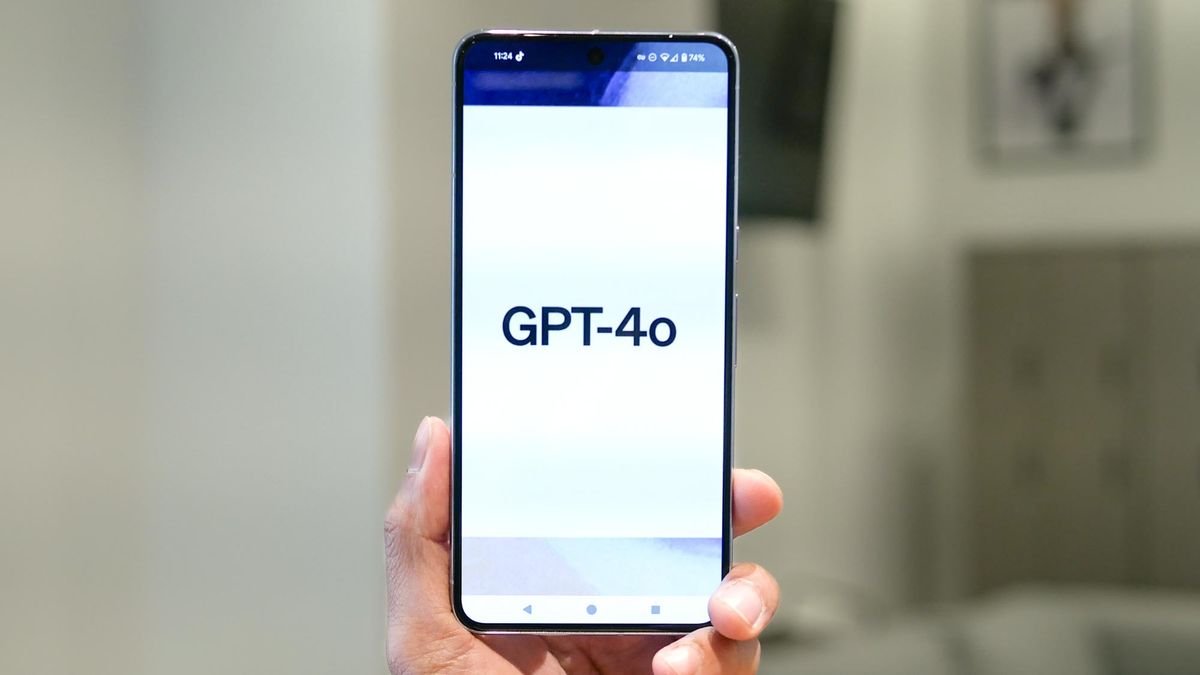PRESS RELEASE
Secretary of State Jocelyn Benson
************************
Secretary of State Jocelyn Benson hosted a roundtable with young Michigan voters in Detroit today and released a new report highlighting two significant disparities in youth voter turnout in the last two elections: a gap between the number of active registered voters and the number who cast a ballot, and a gap in voter turnout between young people with and without college experience.
While Michigan led the nation in voter turnout among citizens ages 18-29 in 2022, data from the Michigan Department of State shows that nearly 60% of active registered voters in that age group did not vote in the midterm elections. In 2020, the last presidential election, the turnout gap was smaller, but still shows that 38.3% of young active registered voters ultimately did not vote in that election.
The new report also highlights recent national poll data showing that 87% of U.S. voters ages 18 to 29 have some college experience, while 40% of 18- to 29-year-olds have no college experience.
“In 2022, Michigan led the nation in youth voter turnout, and this new report makes it clear that we still have work to do,” said Secretary Benson. “There are still too many young people in Michigan whose voices are not being heard at the ballot box. In 2024, we will work with bipartisan partners across the state to give every eligible young voter – no matter who they vote for – the tools and information they need to fully participate in the upcoming election. And we encourage everyone in our state to be part of this campaign to help us ensure that all eligible citizens are informed about their voting options this year and beyond.”
In addition to the nationwide data Michigan’s youth vote: Closing the gap in voter turnout contains data for each county on active registered voters compared to votes cast for the 2022 and 2020 elections.
- The counties with the smallest gap between active registered young voters and actual young voters in 2022 were: Washtenaw (43.7% non-voters), Ottawa (49.8%), Clinton (49.8%), Livingston (50.2%), and Oakland (51%). The counties with the largest gap in 2022 were: Luce (75.6%), Lake (75.6%), Oscoda (74.8%), Menominee (74.7%), and Iron (74.3%).
- The counties with the smallest gap between active registered young voters and actual young voters in 2020 were: Livingston (26.9% non-voters), Oakland (27.5%), Keweenaw (29.7%), Leelanau (30%), and Clinton (30.1%). The counties with the largest gap in 2020 were: Lake (69%), St. Joseph (52.9%), Roscommon (52.8%), Oscoda (52.1%), and Iosco (51.7%).
The full report is available online.
At today’s youth roundtable, Secretary Benson met with representatives from bipartisan organizations to better understand the barriers that prevent young Michigan citizens from voting and to discuss strategies to reduce those barriers. Roundtable participants included the Michigan Department of State’s Collegiate Student Advisory Task Force, NAACP Detroit, League of Women Voters, and APIA Vote.
“Young people are an incredibly important part of our electorate and can have a tremendous impact on policy at the local, state and national levels,” said Lisa Wozniak, executive director of the Michigan League of Conservation Voters Education Fund. “Voting is more accessible in Michigan than ever before, and it’s up to all of us to meet young people where they are so they know all the ways they can make their voices heard. This segment of the electorate is civically engaged and will play a key role in shaping the future of our democracy.”
“Having a voice and a choice is an essential part of what defines us as Americans,” said Angelique Power, president and CEO of the Skillman Foundation. “Every home, business, church, institution and school should not only encourage young people to vote, but also actively educate them about how easy it is to register, vote, volunteer and more in Michigan.”
“We look forward to convincing our youth and young adults why they must vote in this election and beyond,” said LaToya Henry, advisor to the NAACP Detroit Youth Council. “That’s why our work to educate and mobilize voters is so important. We want them to see and understand early on that their vote today can determine their power for tomorrow.”
For more information about Michigan elections, including how to register, request an absentee ballot, and new early voting opportunities across the state, visit Michigan.gov/Vote.
************************




